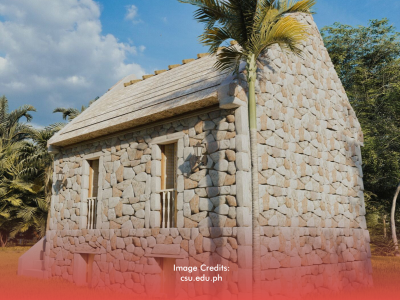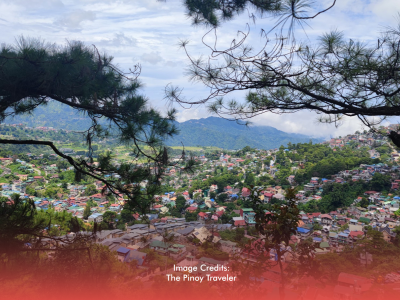The Province of Albay has made history with the launch of the Albay Institute of Artificial Intelligence (AIAI), the country’s first local government-led AI learning and innovation center. The initiative, spearheaded by former 2nd District congressman Joey Salceda, is envisioned as a hub for experimentation, education, and technological advancement.
Salceda described the new institute as his “birthday gift” to Albayanos, emphasizing that it represents his commitment to future-oriented education and inclusive growth. The facility, located in Barangay Sucgad, was inaugurated on October 27, a day after he turned 64.
“We want people not to be afraid of AI, because whether we like it or not, AI is already there and continues to advance,” Salceda said. “Artificial intelligence is the next leap. AI will also transform the economy.”
RELATED: [New P150-M Roads In Albay Boost Economic Efficiency]
AI for Every Albayano
The AIAI will offer free online programs and assessments certified by the Technical Education and Skills Development Authority (TESDA), allowing participants to earn nationally recognized credentials. The 2,000-square-meter facility will also house a Disaster Risk Reduction Training Institute and a Land Transportation Office (LTO) branch—both part of Salceda’s long-standing advocacies on disaster preparedness and governance efficiency.
Now chairing the Institute for Risk and Strategic Studies, Inc. (Salceda Research), Salceda continues to champion innovation-driven policies even after his congressional term. He stressed the urgent need to adapt to the rapid pace of technological change, noting that developments once expected to take a decade have materialized in only a few years.
“Artificial intelligence has advanced faster than almost any other technology. What we thought would take 10 years materialized in just two years. Even TESDA’s 2024 modules are now outdated,” he noted.
Bridging the Gap in AI Readiness
Salceda cited the International Monetary Fund’s assessment that the Philippines remains low in AI readiness, largely due to fear and resistance from educational institutions. He urged schools and communities to embrace AI as a tool for empowerment rather than a threat.
“In many universities, the first reaction to AI has been fear. Some schools even ban it completely. This attitude will make us even more ill-prepared for AI,” he explained. “Progress in human civilization has always followed improvements in computing.”
He added that Albay’s experience in adapting to natural and economic challenges positions it to lead the country in harnessing AI responsibly. “Science must always guide our growth, from disaster risk reduction to climate adaptation and artificial intelligence,” Salceda emphasized.
Preparing the Workforce for the Future
The former lawmaker highlighted that understanding AI is becoming a practical advantage, particularly for the working class. As automation and digital tools become more widespread, he said that Filipinos who can effectively use AI will find themselves more efficient and adaptable in the job market.
Salceda underscored that AI literacy will not only improve productivity but also make everyday work simpler. Whether in business, education, or public service, those who learn to use AI tools will be better equipped to navigate the demands of a rapidly changing economy.
“The world will not slow down for those whom AI can outperform,” Salceda remarked. “We are entering a time when adaptation is not optional. We must prepare, learn, and lead.”
RELATED: [Pinangat Festival Returns To Albay]








